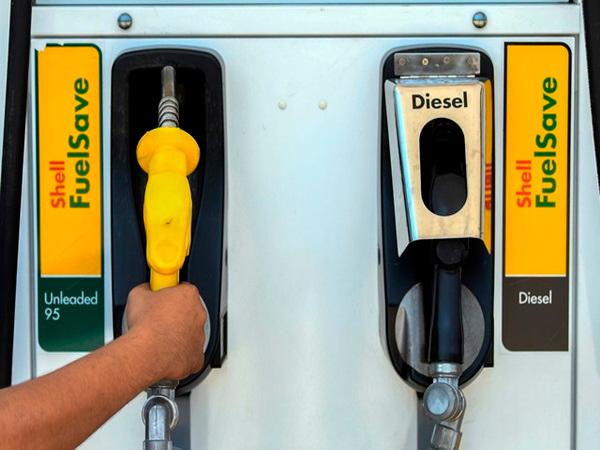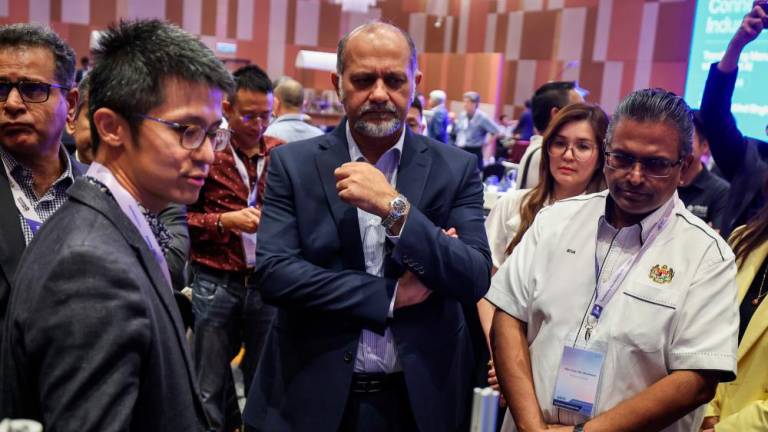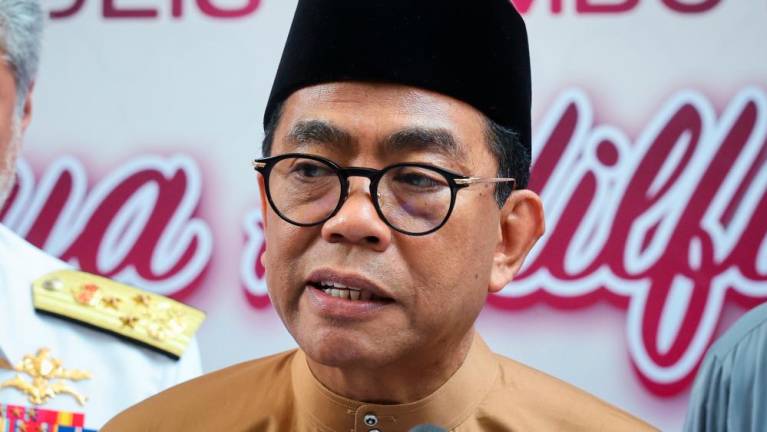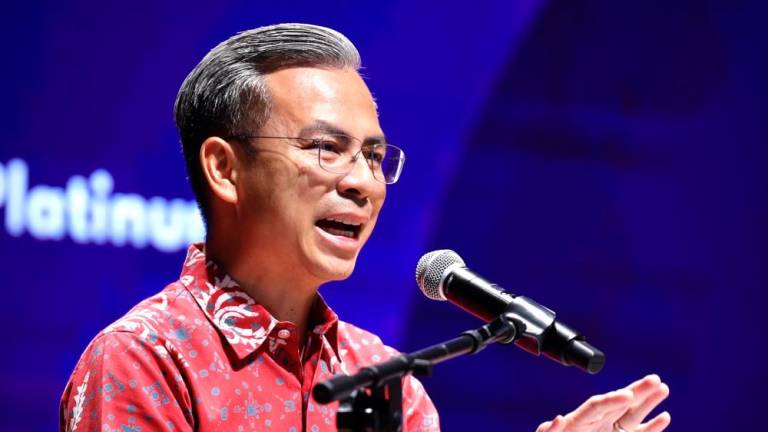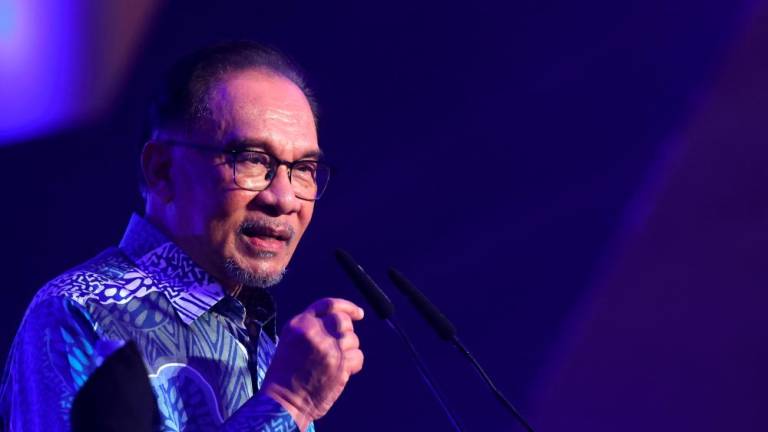KUALA LUMPUR: The government is looking into introducing targeted diesel subsidies to eliminate diesel leakages, which has caused the nation to lose RM10 billion, said Treasury secretary-general Datuk Johan Mahmood Merican.
He said that this will be a part of its tiered subsidy approach after the successful implementation of targeted electricity subsidies.
“Electricity was the first one we were looking at because of the ease of implementation but that’s the start and we need to look further in terms of leakages (of diesel) for example at construction sites and factories,” he said during the Budget 2023 Highlights & Strengthening Fiscal Reform session at Invest Malaysia 2023 yesterday.
Johan reiterated that the key focus of the government is to adopt a tiered approach towards the subsidies given in order to benefit those in the lower income category.
Meanwhile, to achieve fiscal consolidation without introducing more aggressive measures like the Goods and Services Tax (GST), he said that progressive taxation can be a viable option which was announced in the revised Budget 2023 such as the luxury tax, vape duty as well as capital gain tax.
At the same time, he added, the government also want to ensure that the changes made are not too drastic.
“Fiscal consolidation is what is done gradually to ensure that we continue to be expansionary and promote the growth momentum,” he explained.
Johan said that the prime minister is someone who is very keen to articulate that the government will be fiscally responsible.
“In fact, the last time we had a surplus budget was when the prime minister was the minister of finance back in 1998,” he added.
Johan in his talk focused on the government’s Fiscal Responsibility Act & Medium Term Revenue Strategy, highlighted the pillars of Malaysia Madani’s Budget 2023 which are driving inclusive and sustainable economic growth, reforming institutions and governance to restore confidence, and upholding social justice to combat inequality.
Currently, Malaysia is facing multiple challenges, including a high national debt of RM1.5 trillion or 81% of gross domestic product, natural disasters, and a climate crisis.
Moreover, the country is grappling with a challenging global economic outlook that is projected to decline from an estimated 3.4% in 2022 to 2.9% in 2023, before rising to 3.1% in 2024.
Although the forecast for 2023 is 0.2 percentage points higher than what was predicted in the October 2022 World Economic Outlook, it remains below the historical average (2000–19) of 3.8%.
Furthermore, Malaysia is said to have weak competitiveness, lower investment than pre-Covid levels, and a Corruption Perceptions Index ranking of 61, indicating a high level of corruption.
The country also faces challenges related to uneven development, increasing resilience, and lowering living costs and poverty.



